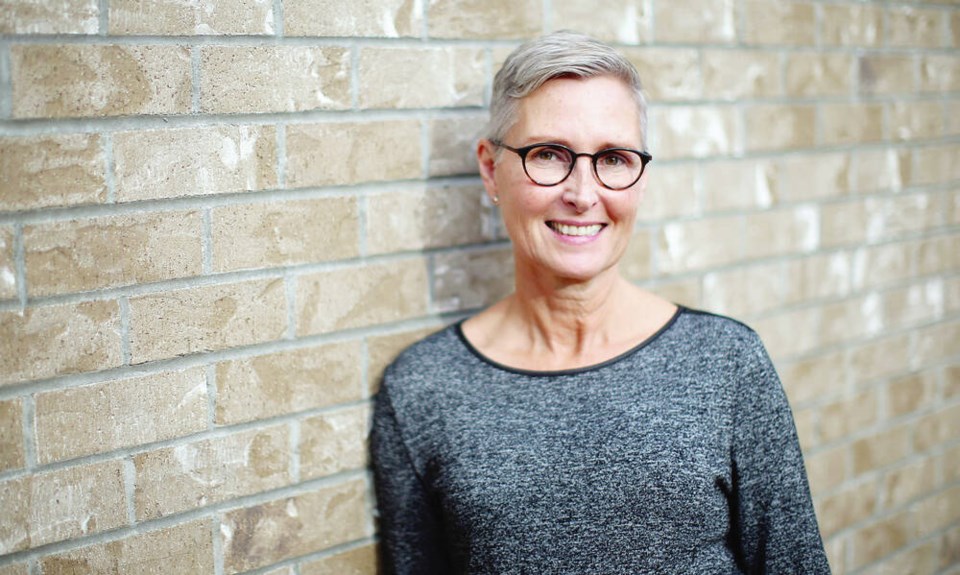VANCOUVER — The departure of Mary Ellen Turpel-Lafond from the University of B.C. is progress, says University of Alberta professor Kim TallBear, but she expressed frustration at UBC’s silence around media reports that Turpel-Lafond’s claims of Indigenous ancestry did not align with publicly available documents.
TallBear said that UBC needs to be more open. “Their unwillingness to make a comment doesn’t look good.”
TallBear is also calling for public accountability.
“We should tally up how much Mary Ellen Turpel-Lafond has earned in salary by making these claims. What kind of doors were opened to her because she claimed to be a status Indian? We should put numbers on what they have taken so people can see this within a broader history of settler-appropriation of Indigenous resources.”
Universities also need new policies and procedures to deal with Indigenous identity fraud, said TallBear, who is a University of Alberta professor and Canada Research Chair in Indigenous Peoples, Technoscience, and Society. “I really want to see universities have the courage to start the conversations, and figure out how to change their rules, policies and procedures instead of just burying their head in the sand.”
In a statement to Postmedia on Wednesday, UBC said it was an “incredibly complicated issue and one that we know many of our community members have strong feelings about.”
“It is complicated,” said TallBear. Self-identification is not enough, nor is genetic ancestry. “We don’t actually have self-identification in Indigenous communities. We are really concerned with who you belong to, it is not ‘self-identification’.”
TallBear said university committees charged with evaluating students and faculty claiming jobs, places or scholarships intended for Indigenous applicants must be populated with Indigenous members with knowledge relevant to different nations and backgrounds.
UBC did not publicly state why the former judge and high-profile advocate for children’s and Indigenous rights is no longer a tenured professor at the Peter A. Allard School of Law, only confirming that she is no longer with the school as of Dec. 16. UBC cited privacy rules in not providing more details.
In October, the CBC published a lengthy investigation into Turpel-Lafond’s claims of Indigenous ancestry and statements that she grew up in Norway House Cree Nation in Manitoba. The CBC said the claims of Cree ancestry and treaty Indian status are inconsistent with publicly available documents.
“My dad was born during my grandfather’s time at Norway House,” Turpel-Lafond told CBC. “I was raised to not embarrass, shame or cause harm to families, and not to interfere. I respect my parents and all members of my family, and I will never call anyone out. Growing up, we did not question biological parentage.”
The CBC said Turpel-Lafond is a member of the Muskeg Lake Cree Nation in Saskatchewan through her husband.



